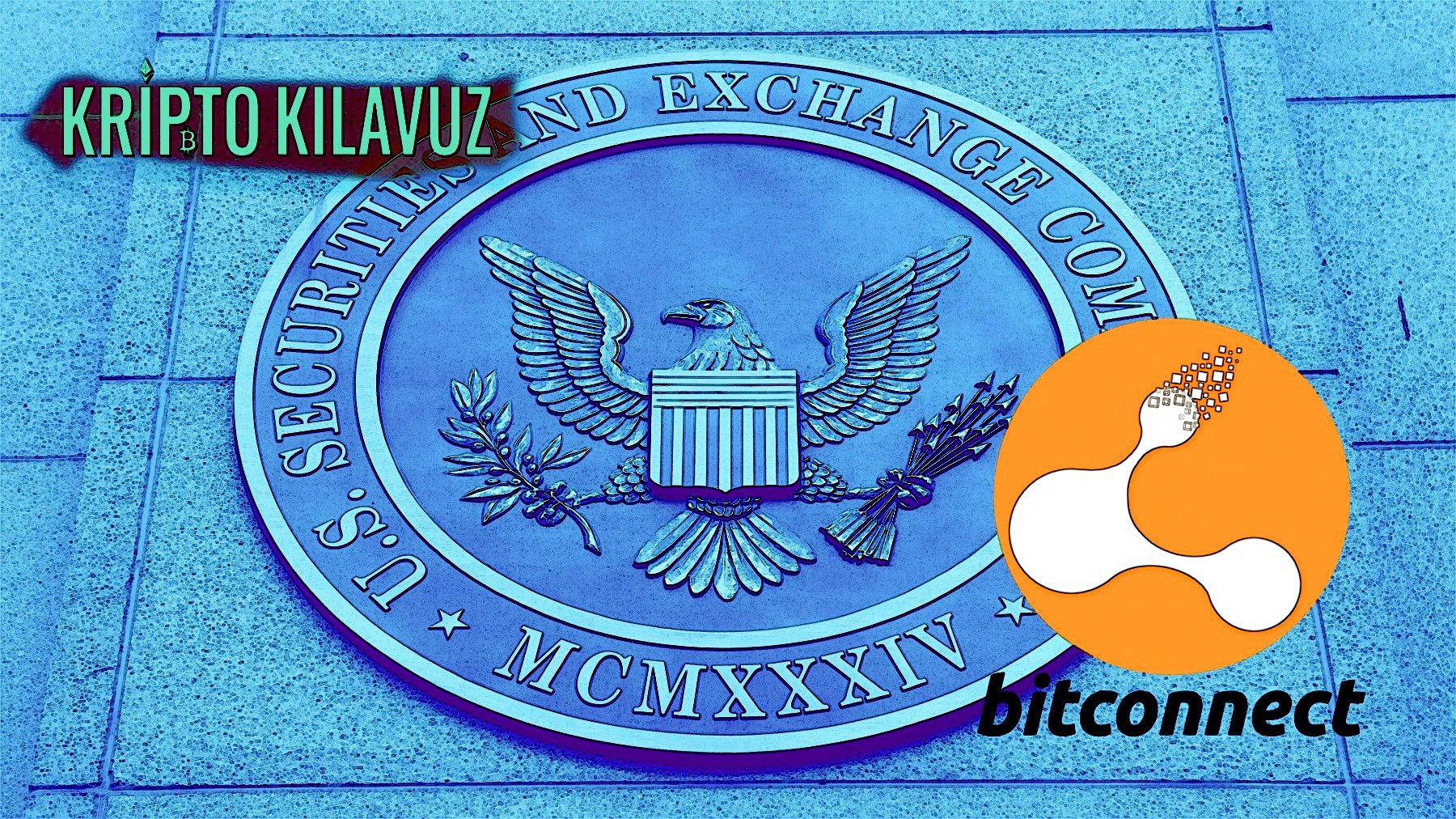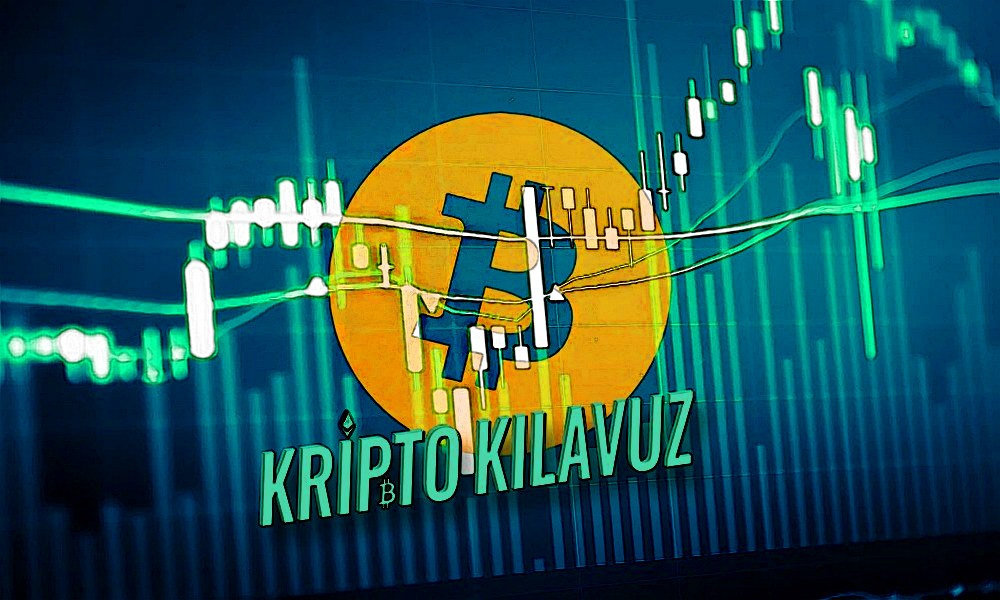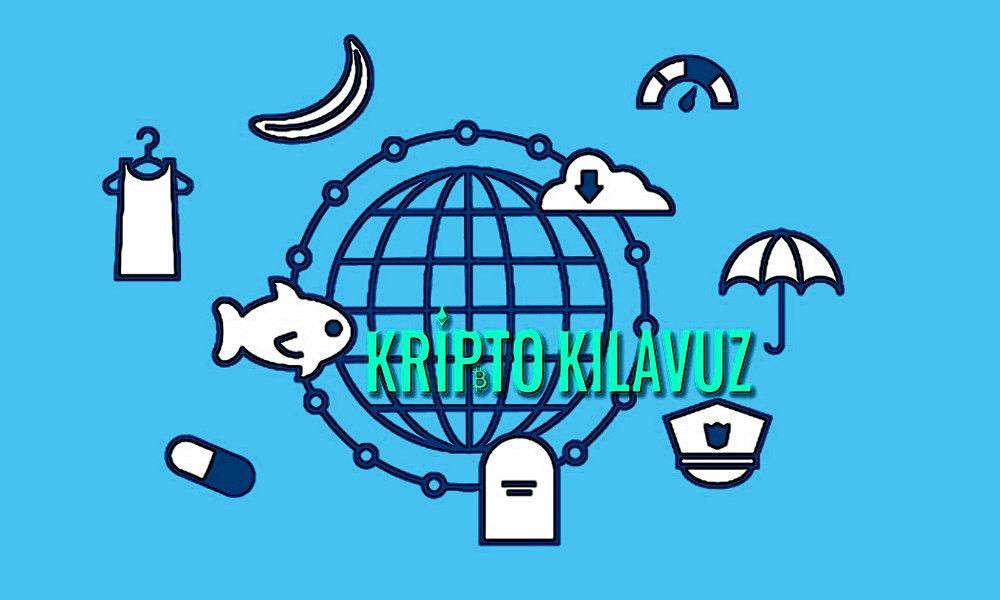Under pressure from the Iranian Crypto Money Regulation Program, the Iranian Central Bank was finally pressured by the end of January to issue a draft framework on the legality of crypto currencies and welcomed the feedback.
Although some consider the integrity of the framework as a forward step, most members of the growing local crypto community are not satisfied with most of the details. They think that the framework could seriously limit the people and businesses working in the rapidly growing area if implemented in its current form.
The framework proposes, among other things, the prohibition of the use of global crypto currencies and various markers as local payment methods; To get permission requires crypto money exchange exchanges, so it leads a new way to call rent in a country that is already too much; and the use of the word abil forbidden ini which may threaten criminal prosecution.
Thus, the local community quickly began to work on ways to heal it.
On March 9, more than three dozen members of the community sent the proposal to the central bank as a joint document with 51 issues within the 13-page draft of the regulator.
However, at least for now, there is not much they can do. Their fate, their ideas of budgeting, and their passion for decentralization are often in the hands of larger and more complex central power structures.
Sanctions question
This is because money in Iran turns into a security problem.
Iranian President Hassan Rouhani's government in early 2018, united, the country's bilateral exchange rates in order to buy a sharply declining national currency in fear of returning to the US due to sanctions. Within a few days, the central bank was turned into a misguided practice to prevent further capital flights by issuing a ban on crypto currencies through government orders.
In early May, President Donald Trump withdrew unilaterally from Iran's nuclear deal with the world's forces and refused the ald harshest sanctions ın against the Islamic Republic. This only exacerbated a monetary crisis in Iran and allowed it to reach the lowest levels of all time in the following months.
In addition, dozens of currency traders were arrested and sentenced to long prison terms and heavy fines were imposed, and many high-level financial criminals, including a man named cez Sultan of Money birim, were executed because of the accumulation of gold coins.
Iranian authorities, on the other hand, see an opportunity to challenge the implementation of extraterrestrial restrictions in crypto currencies. As it is, people working on on-going local projects know that sanctions cannot be overcome - and never - designed.
He has personally attended high-level meetings on spiritual crypto currencies, the central bank setting up a dominant rial-backed encryption system to expand digital banking operations, and Iran's top banks have launched a gold-backed encryption currency to sell assets and produce liquidity.
Regulatory challenges
Against this backdrop, any entity that has to do with remote crypto currencies wants to take action. After the central bank, the next major assets include the Securities and Stock Exchange Organization, the Cyber Space High Council, the Ministry of ICT, Parliament, the Ministry of Industry, Mining and Trade, the Ministry of Energy and Customs.
It is worth noting that these assets belong to different, sometimes competing groups, and that each has its own ideas on how to organize and organize the crypto currencies.
In recent months, it has been negotiated that the cabinet may have the final say in the regulation of crypto currency. If this happens, it can be a simplifying factor that many of the lower-level assets can prevent the pie from trying to pick up the finger. But it also emphasizes the independence that the central bank desperately needs to move away from its authority.
According to Saeed Khoshbakht, CEO of Tehran-based distributed accounting, the fact that many businesses are trying to say something about crypto-currency regulations does not adversely affect the central bank's restrictive capabilities, but it affects the ability to legalize or otherwise support activities in this area. technology solutions firm.
”In other words, we have a rule: everyone needs to be on board for something to be implemented, whereas only one has to be opposed to stop the movement“
Said. Khoshbakht, who was serving as advisor to the Information Services Authority of the central bank, related to the regulatory framework, CoinDesk.
He thinks that Iran's crypto-currency community must learn to lobby (yap in the positive sense İran); because there is no effective link to any of the decision-makers at the moment.
He said working with the constructive regulations could include relieving law enforcement and the concerns of the judiciary.
Source: coindesk

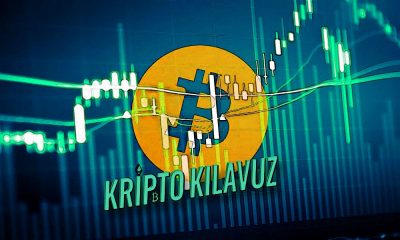
 Analysis5 years ago
Analysis5 years ago
 Industry News5 years ago
Industry News5 years ago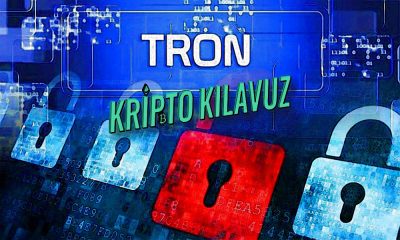
 Blockchain News5 years ago
Blockchain News5 years ago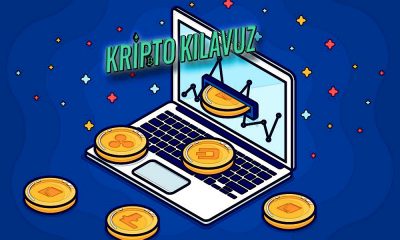
 Guide5 years ago
Guide5 years ago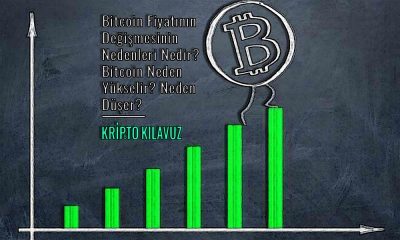
 Bitcoin Guides5 years ago
Bitcoin Guides5 years ago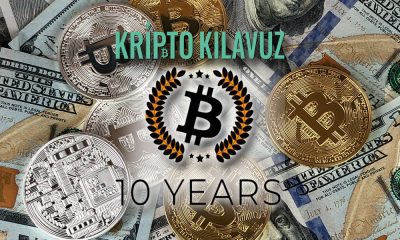
 Analysis5 years ago
Analysis5 years ago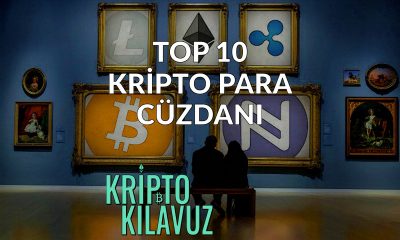
 Guide5 years ago
Guide5 years ago
 Guide5 years ago
Guide5 years ago

